Streaming: Get ready for more blackouts
Disney finally struck a deal to get its television channels back on Google’s YouTube TV streaming service
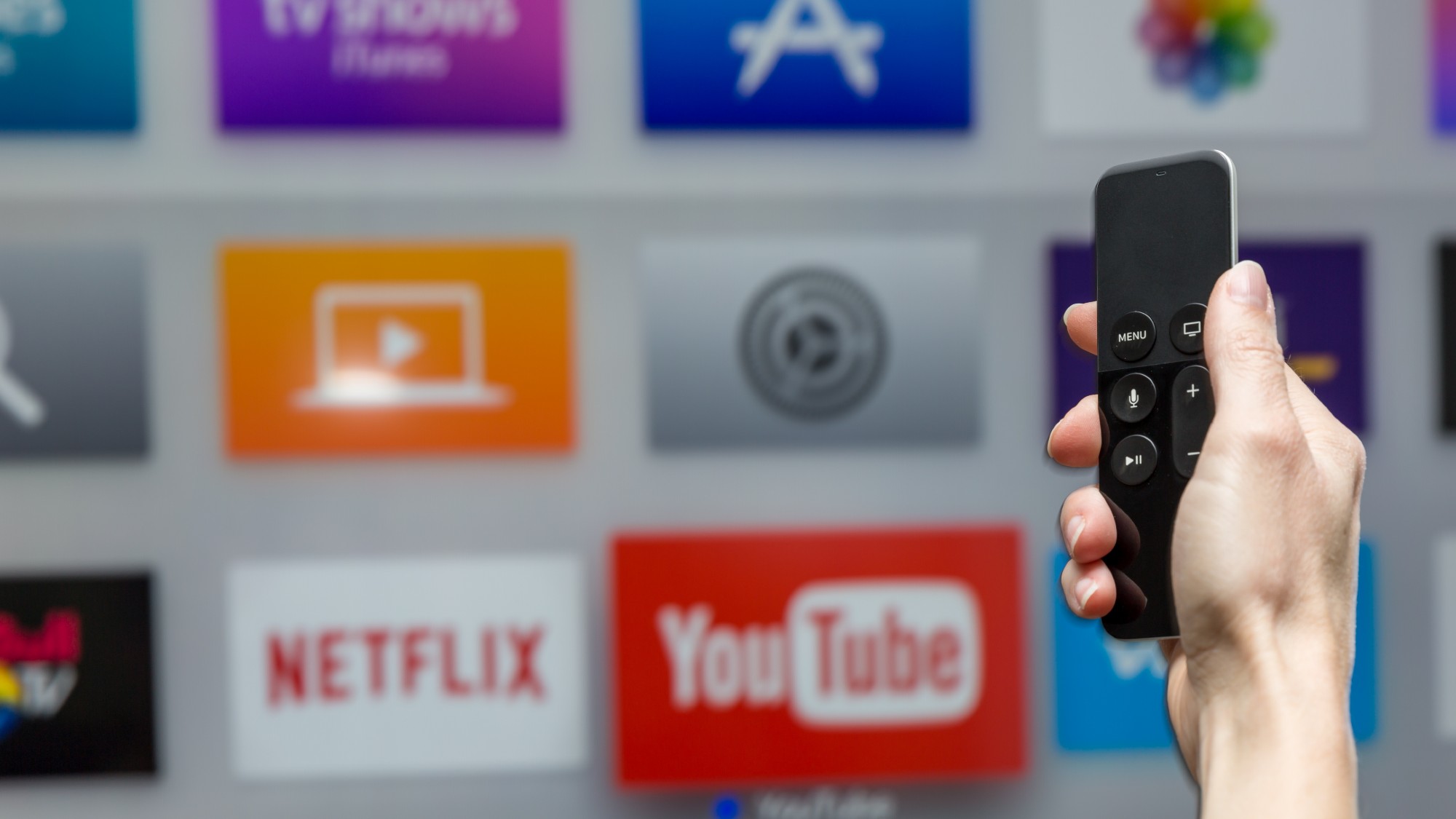
A free daily email with the biggest news stories of the day – and the best features from TheWeek.com
You are now subscribed
Your newsletter sign-up was successful
The 15-day standoff between Disney and Google could change the media landscape forever, said Lukas I. Alpert in MarketWatch. The media giant struck a deal last week to finally get its television channels, including ABC, National Geographic, and ESPN, back on Google’s YouTube TV streaming service, where they had been blacked out since Halloween. Terms of the deal weren’t publicized, but Disney, which was losing $4 million a day in ad revenue, agreed to make its full lineup of sports available on YouTube TV, a substantial concession. The lengthy stalemate “represented a modern twist on an old kind” of media fight—and one that’s happening more often. “Disputes over carriage fees,” or what distributors have to pay TV companies for the rights to show their programming, are a holdover from the cable days. But “the prime battleground today” is streaming— and the streamers “appear far more willing to flex their muscle as their command of audiences continues to grow.” YouTube TV’s market share remains below traditional cable operators like Comcast, Charter, and DirecTV, “but it is fast catching up.” In the entertainment business, “with the eyeballs goes the power.”
Media companies like Disney have fought back against cord-cutting “by squeezing existing pay-TV customers for more money,” said James Faris in Business Insider. It has created “a vicious cycle where fewer people have a pay-TV subscription, except for die-hard fans of sports or cable news.” At some point, pay-TV customers will likely “balk at how high their monthly bills have gotten.” That gives the big streaming platforms an advantage that they can continue to press in future negotiations. This heavyweight battle suggests there will be more such fights “between those who make the content and those who control the pipes,” said Sujeet Indap in the Financial Times. Google, a $3.5 trillion behemoth, clearly isn’t afraid to stand firm on prices. This is the fourth carriage dispute that YouTube TV has been involved in this year alone.
Meanwhile, cord-cutters are being forced to shell out ever more for streaming services, said Melissa Korn in The Wall Street Journal. Since 2019, the monthly price of a Disney+ subscription has gone up 172%, while AppleTV+ has spiked 160% and Peacock 120%. This “streamflation” adds up, because the average U.S. household pays for about 4.5 streaming services. As prices have risen, so have the work-arounds. There are now “more options to switch to lower-cost ad-supported tiers,” if you’re willing to sit through commercials. And some of the streaming companies have started bundling their products again: You can buy a combo of Peacock and Apple TV, or one of ESPN and Fox. All the package deals could save you some money—or, just like in the old cable days, leave you paying for content you never watch.
The Week
Escape your echo chamber. Get the facts behind the news, plus analysis from multiple perspectives.

Sign up for The Week's Free Newsletters
From our morning news briefing to a weekly Good News Newsletter, get the best of The Week delivered directly to your inbox.
From our morning news briefing to a weekly Good News Newsletter, get the best of The Week delivered directly to your inbox.
A free daily email with the biggest news stories of the day – and the best features from TheWeek.com
-
 ‘Those rights don’t exist to protect criminals’
‘Those rights don’t exist to protect criminals’Instant Opinion Opinion, comment and editorials of the day
-
 Key Bangladesh election returns old guard to power
Key Bangladesh election returns old guard to powerSpeed Read The Bangladesh Nationalist Party claimed a decisive victory
-
 Judge blocks Hegseth from punishing Kelly over video
Judge blocks Hegseth from punishing Kelly over videoSpeed Read Defense Secretary Pete Hegseth pushed for the senator to be demoted over a video in which he reminds military officials they should refuse illegal orders
-
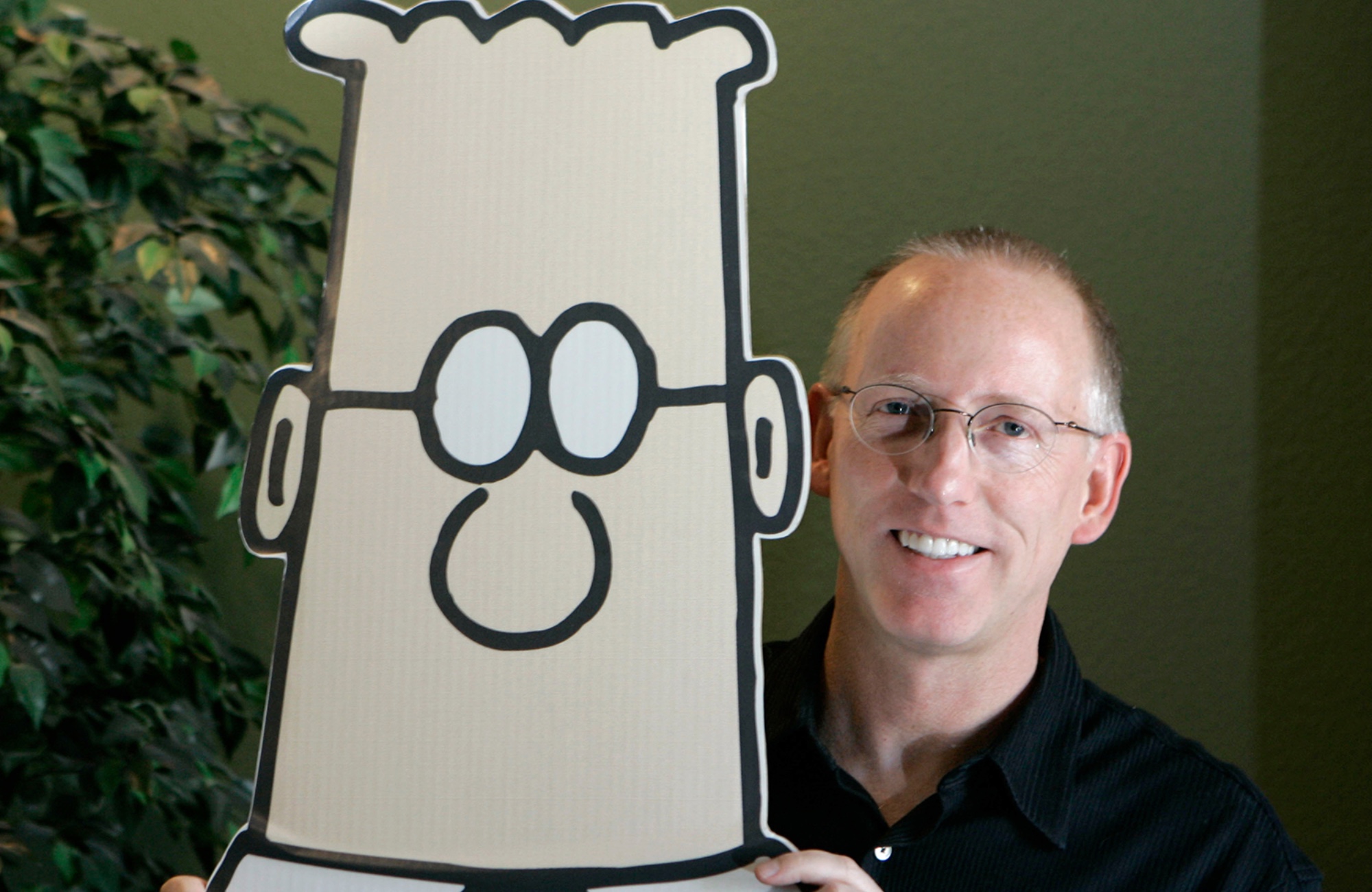 Scott Adams: The cartoonist who mocked corporate life
Scott Adams: The cartoonist who mocked corporate lifeFeature His popular comic strip ‘Dilbert’ was dropped following anti-Black remarks
-
 The best tabloid stories of 2025
The best tabloid stories of 2025In the Spotlight From a child named after the devil to a pothole-based theme park, some strange stories hit the headlines this year
-
 Rothermere’s Telegraph takeover: ‘a right-leaning media powerhouse’
Rothermere’s Telegraph takeover: ‘a right-leaning media powerhouse’Talking Point Deal gives Daily Mail and General Trust more than 50% of circulation in the UK newspaper market
-
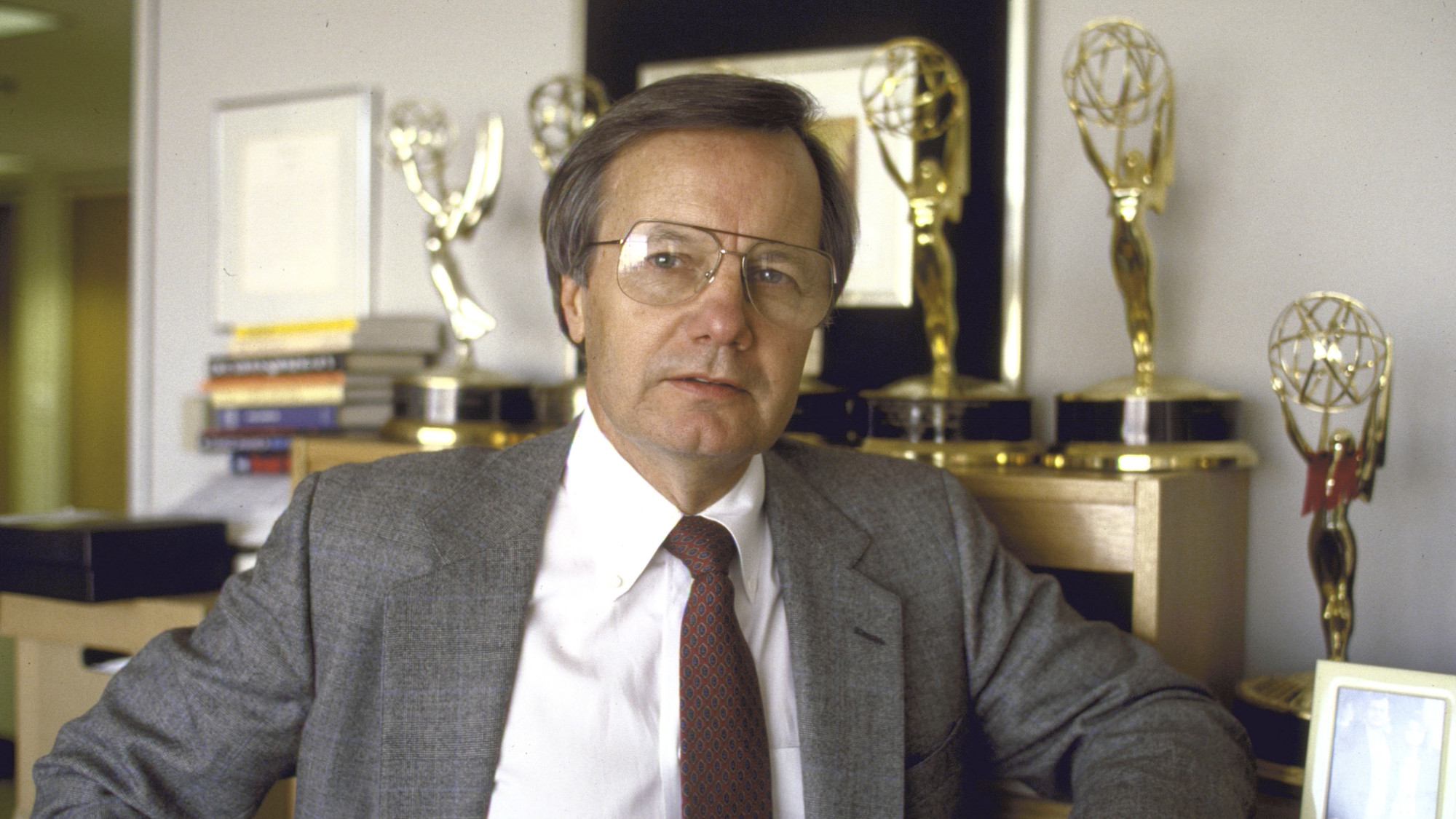 Bill Moyers: the journalist who was the face of PBS
Bill Moyers: the journalist who was the face of PBSFeature A legend in public broadcasting
-
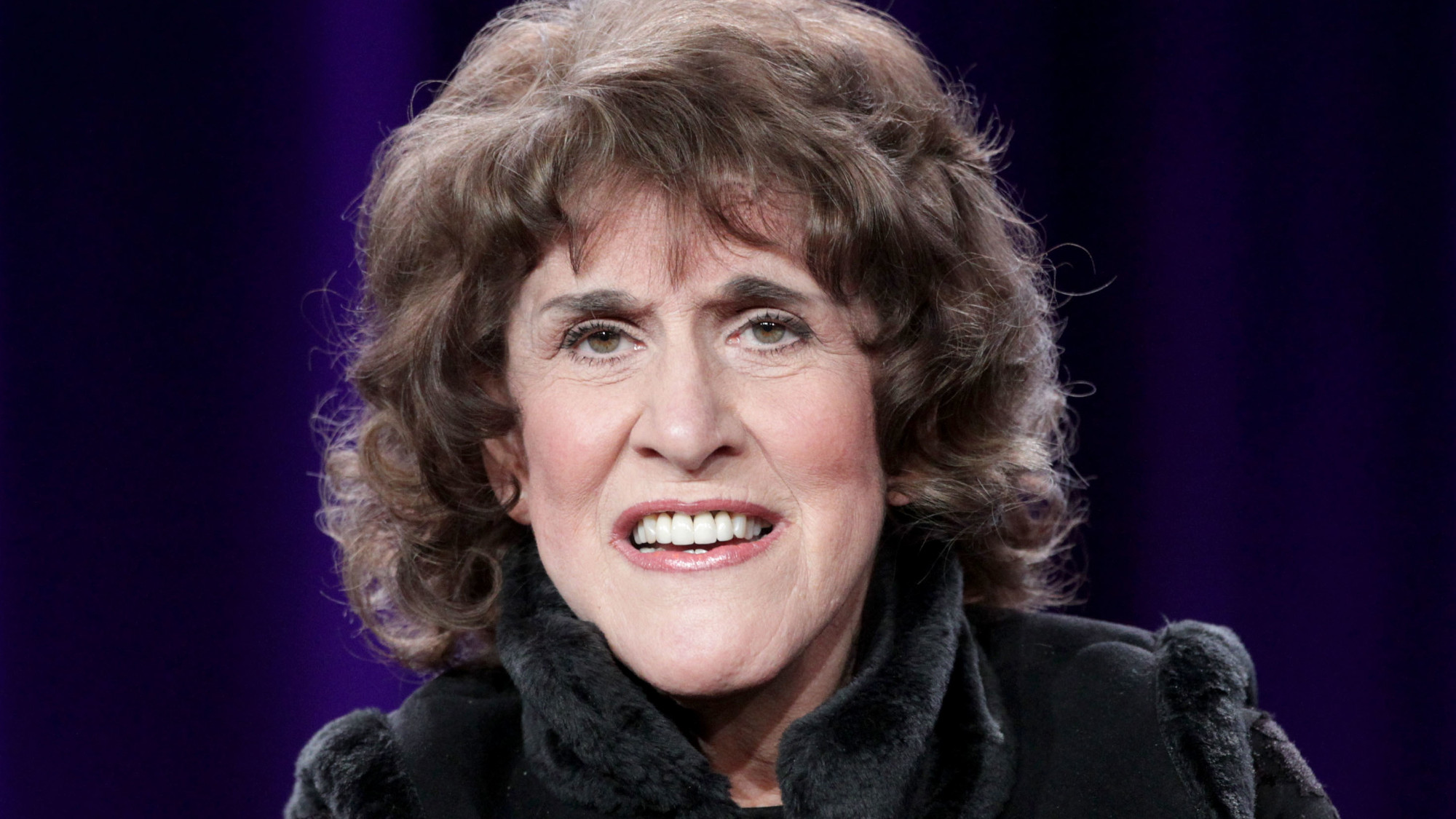 Ruth Buzzi: The comic actress who packed a wallop
Ruth Buzzi: The comic actress who packed a wallopFeature She was best-known as Gladys Ormphby on the NBC sketch show "Rowan & Martin's Laugh-In"
-
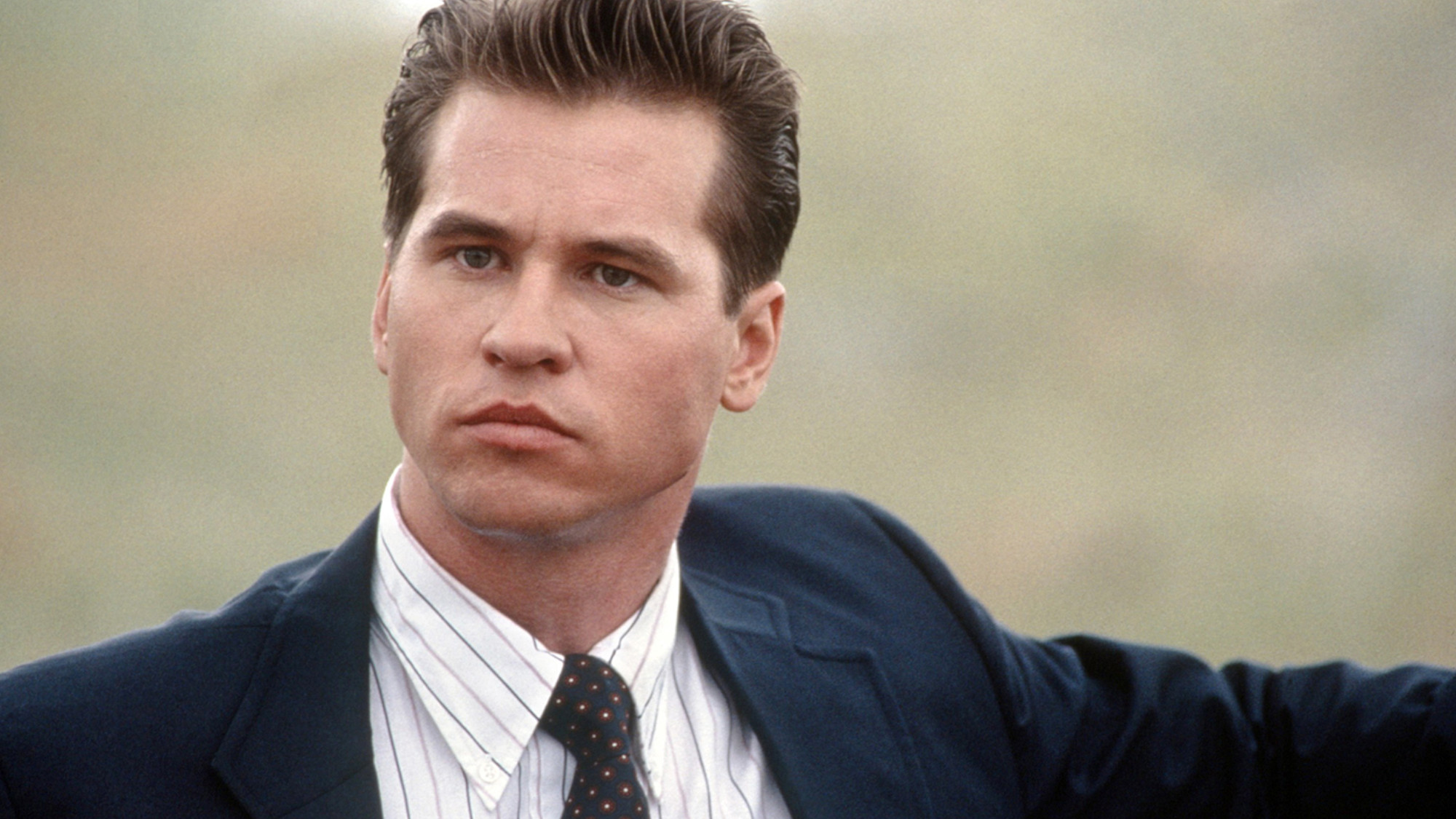 Val Kilmer: the actor who played Iceman and Batman
Val Kilmer: the actor who played Iceman and BatmanFeature Kilmer died at age 65 from pneumonia
-
 Facebook: Sarah Wynn-Williams' shocking exposé
Facebook: Sarah Wynn-Williams' shocking exposéTalking Point Former executive's tell-all memoir of life behind the scenes at Meta 'makes for damning reading'
-
 Video game review: 'Split Fiction' and 'Monster Hunter: Wilds'
Video game review: 'Split Fiction' and 'Monster Hunter: Wilds'Feature A split-screen sci-fi adventure and the return of a 20-year-old monster-hunting franchise